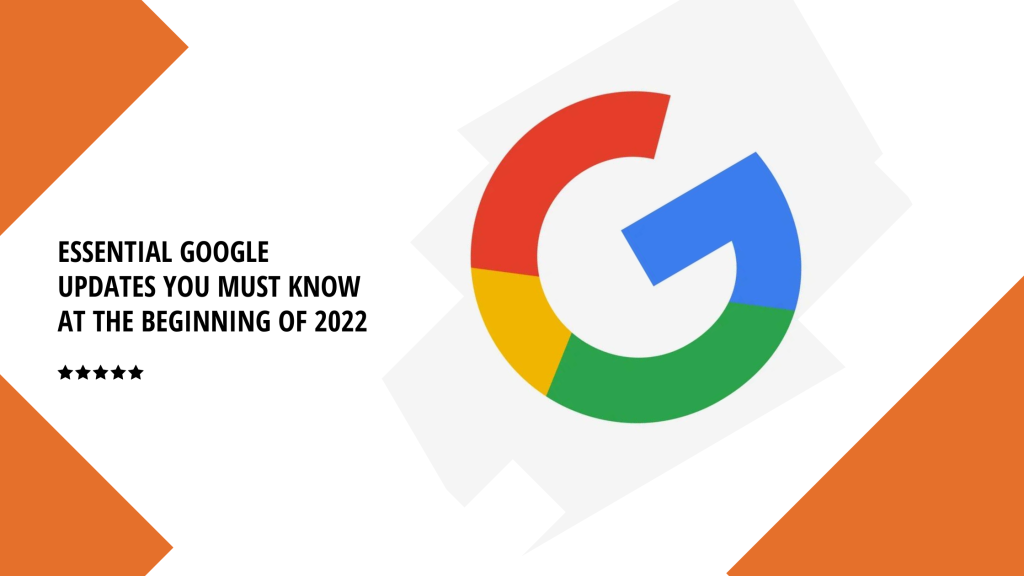
Google announced the Privacy Sandbox initiative in 2019 to "Create a thriving web ecosystem that is respectful of users and private by default."
To achieve this mission, the Privacy Sandbox already employs a set of privacy-conscious methods that will turn down third-party cookies used to track user behavior across websites and the web and replace them with "technologies that both protect people's privacy online and give companies and developers the tools to build thriving digital businesses to keep the web open and accessible to everyone, now, and for the future."
Google follows a multi-phased public development process to implement these changes. The development began in early 2021 with the first version of FLoC (Federated Learning of Cohorts) - a technology that improves privacy, giving publishers, marketers, and advertising the tools they need for viable advertising business models. Core features of FLoC:
Google will begin implementing strategies to phase out support for third-party cookies in two stages, beginning in late 2022 - so you have time to study the documentation and prepare for adoption. This stage will last for about nine months, finishing with Chrome phasing out support for third-party cookies in late 2023.
Right now, advertisers and marketers rely on third-party cookies to measure ad reach and effectiveness. With the new Privacy Sandbox initiative, Google will introduce other methods to protect users' anonymity, learning data about groups, not individuals. The Privacy Sandbox will also offer tools to fight online spam and fraud by distinguishing real users from bots or malicious attackers, all without tracking people.
The essential takeaway from this Chrome privacy update is that digital marketers, advertisers, and publishers must migrate their services to privacy-compliant platforms in time to prevent interruptions or disruptions to their marketing, advertising, and publishing schedules.
Update: Google will drop the FLoC initiative in favor of the new Topics API, the company announced on Tuesday, January 25, 2022. We will detail what this means for advertisers in a future article.
Google introduced its new indexifembedded robots tag on January 21, 2022. What indexifembedded stands for is pretty straightforward: index if embedded. Essentially, with the new indexifembedded robots tag, Google enables publishers to signal web crawlers to index content embedded through iframes and HTML tags (like the external <object> element) on third-party pages.
For example, when publishers don't want media pages indexed, they use a noindex tag, preventing bots from embedding the content in other pages during indexing. The indexifembedded tag overrides the noindex tag, but only for the embedded content. So, when publishers don't want an entire media page indexed but would like the Googlebot to index the embedded part, they can use indexifembedded in combination with the noindex tag and ensure that content embedded on third-party sites gets indexed. There are two ways to achieve this goal:
Use indexifembedded in combination with the noindex tag:
<meta name="googlebot" value="noindex" />
<meta name="googlebot" value="indexifembedded" />
<!-- OR -->
<meta name="googlebot" value="noindex,indexifembedded" />
Specify the tag in the HTTP header:
X-Robots-Tag: googlebot:noindex X-Robots-Tag: googlebot:indexifembedded ... OR … X-Robots-Tag: googlebot:noindex,indexifembedded
So, if you want the Googlebot to index the content you create, and third-party sites embed for reference in their pages, indexifembedded will allow it:
For example, if podcast.host.example/playpage?podcast=12345 has both the noindex and indexifembedded tag, it means Google can embed the content hosted on that page in recipe.site.example/my-recipes.html during indexing.
New robots tag: indexifembedded, Google Search Central
Although only Google supports the indexifembedded tag right now, you can expect other bots to follow suit as Google is essentially a trendsetter in everything SEO.